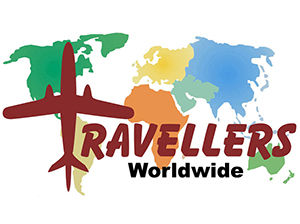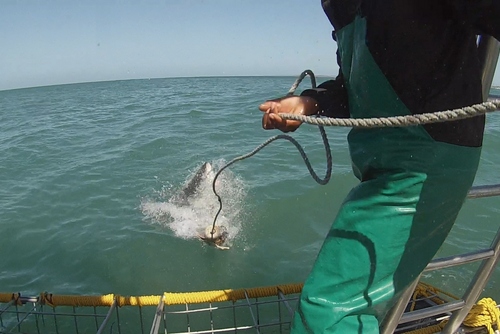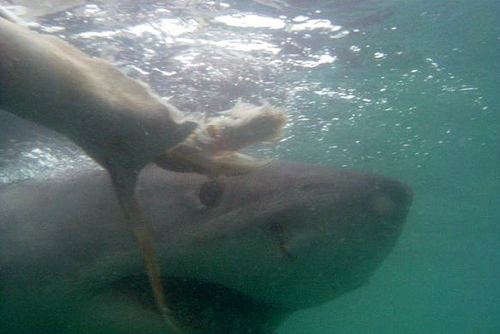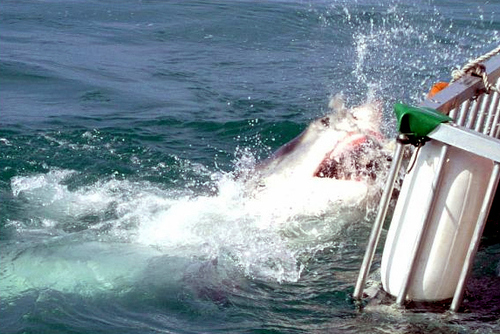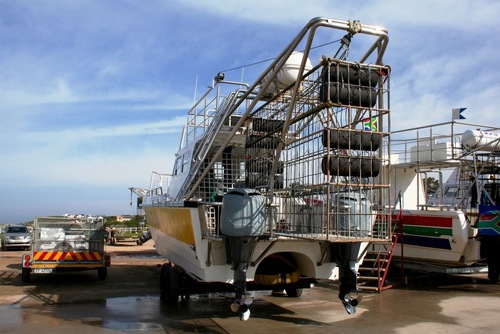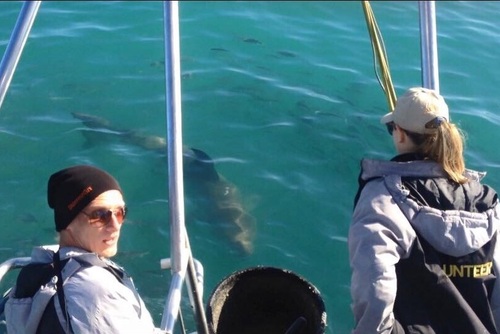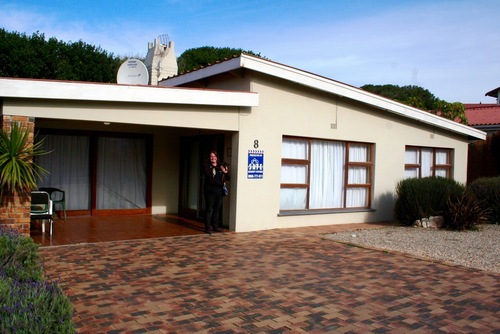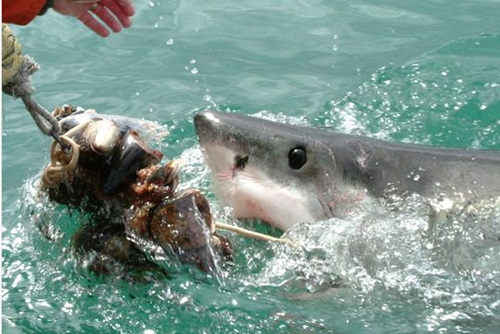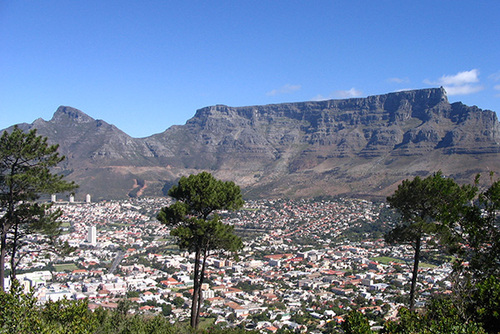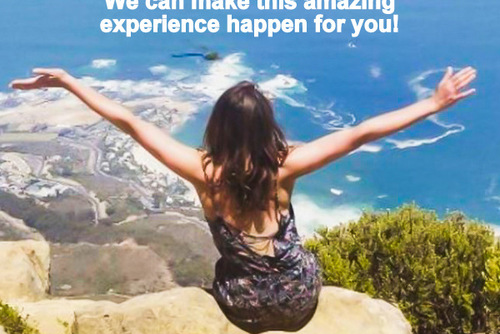Roaming the worlds oceans, the Great White Shark is undoubtedly the greatest predatory force of the seas. Cloaked in myth, misunderstanding and fear, this awesome animal remains a mystery to man. This Project is exciting, adventurous, fascinating! You'll work with a world leading organisation that focuses on the Great White Shark.
You'll also see other wildlife species, including Cape Gannets, Bryde Whales, Cape Fur Seals, Dolphins and Jackass Penguins. You'll learn a lot about the Great White and then you'll put that knowledge to use by assisting in conservation and research into this awesome animal.
YOUR TRAINING AND WORK:
When you arrive, you'll be given a lot of training before starting your actual work. This training will consist of most of the elements of a two-week course which the organisation offers the general public. However, whereas the general public go home after completing their course, you will be working with the Project to assist in their research and fight against the encroaching possible extinction of the Great White.
You'll receive training in White Shark biology, research, behaviour, conservation, changing attitudes, shark attacks and basic seamanship, and possibly underwater filming, still photography and shark tourism. Weather permitting you will go to sea frequently. At sea, you'll get involved as much as possible with all aspects of sea work. This will be focused on working with the sharks from above and below the water.
Much emphasis will be placed on observing behaviour and the interactions of sharks around the boat. You will be taught how to get in and out of the cage and how to remain secure and safe in the cage. Participants in the cages will record observations of the White Sharks. This will include sex, size, markings and behaviour. You'll also be taught the basics of how to set the camera up, how to use it under water and how to obtain the best images.
This training is designed to educate you to a level of competence of a field assistant. During the training, you will be evaluated on how you handle teamwork, take your own initiatives, take interest in the work and activities, show interest in learning. Thereafter, you'll participate in assisting with various duties and responsibilities, including helping to educate locals and children on the Great White.
Your work with them will help to achieve their objectives of gathering sufficient accurate data on the white sharks to assist in management programmes for the ensured survival of the species, as well as striving to change negative public attitude towards sharks through awareness and education, because it is almost impossible to ensure the survival of a hated species!
WORK ELEMENTS:
Please note these duties may change from day to day and you will always be working in conjunction with a qualified crew member of the placement:
- Boat check before trip
- Checking equipment for diving, chumming, bait, food etc.
- Assist with anchoring
- Assist with securing the cage
- Educating clients and general interaction with them
- Assisting clients as needed, including preparing and distributing wet-suits to them
- Chumming
- Data capturing and recording
- Writing for the blog
- Constant and vigilant shark spotting
- Point out sharks to crew, clients and fellow volunteers
- Clean boat post-trip and clean and stow wet-suits
- Tuesdays assist at our recycle Swop Shop
A TYPICAL DAY:
The first boat trip usually goes out at 7:00am. The tourists arrive from Cape Town around 6:00am for a breakfast at the Lodge. Volunteers get up around 6:00am to help with preparing the equipment (wet suits, masks, etc.) for the day. You'll have breakfast and be ready to welcome the guests at 6:30am.
You'll walk the guests a short 5 minute walk to the launch site. Once on the boat, you'll help the crew in any way you can. This includes getting the boat anchored, helping the guests get kitted out for their cage dive, help with the chumming, and anything else that crops up. The 3.6 meter cage takes 6 people at any given time and you will be able to go into it too.
Once anchored at the dive site, the project makes use of a specially designed, secure, six man steel cage, which floats on the surface, with divers no more than 1 m below the surface. Volunteers will be taught how to get in and out of the cage and how to remain secure and safe in the cage. Cage divers are responsible for recording observations on the Great Whites, including sex, size, markings and behaviour.
Diving takes place on a rotational basis on good diving days. The duration of each dive depends on the diver, the number of eco-tourists and the activity of the sharks, but could be up to half an hour per dive.
When the boat trip is over, you'll wash the boat down and pack all the kit up to take back to the lodge. The equipment needs to be washed and hung to dry for the next day. If it is busy there might be a second boat trip (and even possibly a third!) so all the above is repeated. If not, you have the rest of the day off.
ACCOMMODATION:
You'll live in a cosy house in Kleinbaai that's very comfortable, quiet and in walking distance from the harbour. The house has a dorm room and two double rooms, one bathroom, a nice kitchen, a lounge area and an outside patio for those hot evenings. There is a comfortable seating area, satellite television and video for entertainment. Shark briefings will take place here from time to time too in the lecturer room. There is also free Wi-Fi and a computer to use for the internet.
FOOD:
While food is not provided on this project, you will get a light breakfast which is comprised of toast, cereals, tea and coffee. Food is also provided on the boat, which is usually fruit, sandwiches and soft drinks. There are kitchen facilities in the house for cooking.

